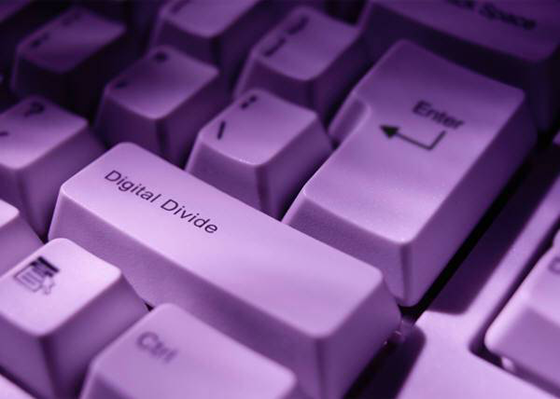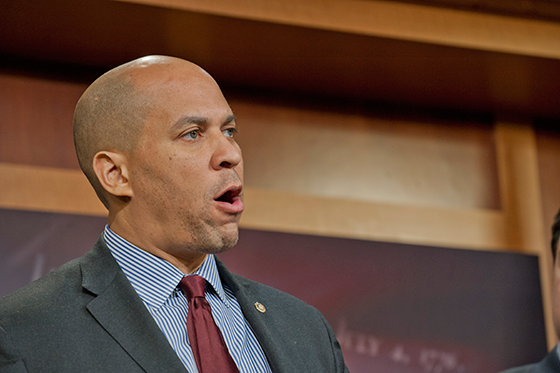One Step Closer to More Affordable Internet Access for All
A new bill introduced yesterday, the “National Broadband Adoption Act of 2015,” would make Internet access more affordable for millions of families across the country by enhancing the Federal Communication Commission’s (FCC) Lifeline program. The bill is sponsored Rep. Doris Matsui (D–Calif.) and Senators Chris Murphy (D–Conn.) and Cory Booker (D–N.J.).
The bill comes on the heels of last week’s announcement that the FCC will modernize the current Lifeline program to provide an Internet connection to Americans without one. Currently, Lifeline provides millions of low-income consumers with a discount on phone services to ensure that all Americans can connect, via telephone or mobile, to emergency services, family members, and jobs.
NCLR applauds these policy efforts to make Internet access more affordable for millions of low-income Americans, including Latinos, who cannot afford the cost of broadband connections.
Today more than 100 million Americans live without home Internet connections. In fact, Latinos are the least likely of all demographic groups to have home Internet. Nationally, only 53 percent of Latinos report having home broadband, compared to 64 percent of Blacks and 74 percent of Whites.
Household income significantly determines whether people have Internet service at home. Households with an annual income of $25,000 or less are half as likely to have an Internet connection as households with an income of $75,000 or more.
The Internet is essential to carrying out some of life’s most basic functions, and its benefits are indisputable. Research confirms that Internet usage helps communities thrive; it increases employment and income, enhances educational opportunities, expands health care access, and improves overall social well being. In contrast, communities without Internet access are increasingly at risk of being shut out of employment, educational opportunities, and access to government services and benefits as employers, schools, and government institutions increasingly move services to exclusively online platforms.
Consider that almost 50 percent of all U.S. employers and 80 percent of Fortune 500 companies, including the largest U.S. employers, require exclusively online job applications. Further, research suggests that an individual using the Internet to find employment reduces the time spent unemployed by 25 percent.
At the same time, millions of Latino school-aged children risk being left behind without Internet connections. According to the FCC, 80 percent of schoolteachers are assigning Internet-based homework.
The “National Broadband Act of 2015” and the FCC’s proposal to create a 21st-century Lifeline program are critical to addressing the country’s burgeoning digital gap. In so doing, Congress and the FCC will provide millions of Hispanics and other low-income communities with opportunities to better their lives and those of their children.


